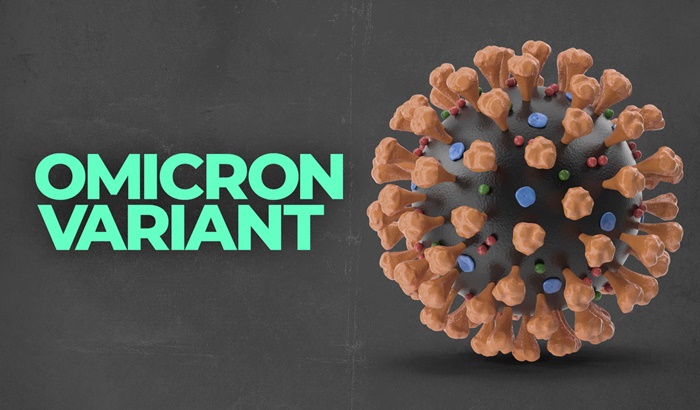Massachusetts [US], February 28 : Many people have complained recently about being diagnosed with diabetes after contracting and recovering from COVID-19. A study by the Massachusetts General Hospital (MGH) has found that many COVID-19 patients, newly diagnosed with diabetes during hospital admission, may in fact have a temporary form of the disease related to the acute stress of the viral infection and may return to normal blood sugar levels soon after discharge.
These patients are more likely to be younger, non-white, and on Medicaid or uninsured compared to individuals with previously diagnosed diabetes, suggesting many of these “new-onset” cases may simply be pre-existing but undiagnosed diabetes in individuals with limited access to healthcare services, according to the study published in ‘Journal of Diabetes and Its Complications’.
High rates of newly diagnosed diabetes mellitus (NDDM) have been reported in COVID-19 hospital admissions around the world. It is still unclear, however, if this phenomenon represented truly new diabetes or previously undiagnosed cases, what the cause of these elevated blood sugars may be, and whether patients’ blood sugars improve after resolution of COVID-19 infection. Pre-existing diabetes in people with COVID-19 has been associated with higher rates of hospitalization, intensive care unit (ICU) admission, mechanical ventilation, and death.
“We believe that the inflammatory stress caused by COVID-19 may be a leading contributor to ‘new-onset’ or newly diagnosed diabetes,” said lead author Sara Cromer, MD, an investigator with the Department of Medicine-Endocrinology, Diabetes and Metabolism at MGH. “Instead of directly causing diabetes, COVID-19 may push patients with pre-existing but undiagnosed diabetes to see a physician for the first time, where their blood sugar disorder can be clinically diagnosed. Our study showed these individuals had higher inflammatory markers and more frequently required admission to hospital ICUs than COVID-19 patients with pre-existing diabetes.”
For its study, the MGH team looked at 594 individuals who exhibited signs of diabetes mellitus when admitted to MGH at the height of the pandemic in the spring of 2020. Of that group, 78 had no known diagnosis of diabetes prior to admission. Researchers learned that many of these newly diagnosed patients — versus those with pre-existing diabetes — had less severe blood sugar levels but more severe COVID-19. Follow-up with this cohort after hospital discharge revealed that roughly half its members reverted to normal blood sugar levels and that only eight per cent required insulin after one year.
“This suggests to us that newly diagnosed diabetes may be a transitory condition related to the acute stress of COVID-19 infection,” explained Cromer. Indeed, this key finding supported the clinical argument that newly diagnosed diabetes is likely caused by insulin resistance — the inability of cells to properly absorb blood sugar in response to insulin, resulting in higher-than-normal build-up of glucose in the blood — rather than by insulin deficiency, caused by direct and permanent injury to the beta cells which manufacture insulin.
“Our results suggest that acute insulin resistance is the major mechanism underlying newly diagnosed diabetes in most patients with COVID-19, and that insulin deficiency if it occurs at all, is generally not permanent,” said Cromer. “These patients may only need insulin or other medications for a short time, and it’s therefore critical that physicians closely follow them to see if and when their conditions improve.”


